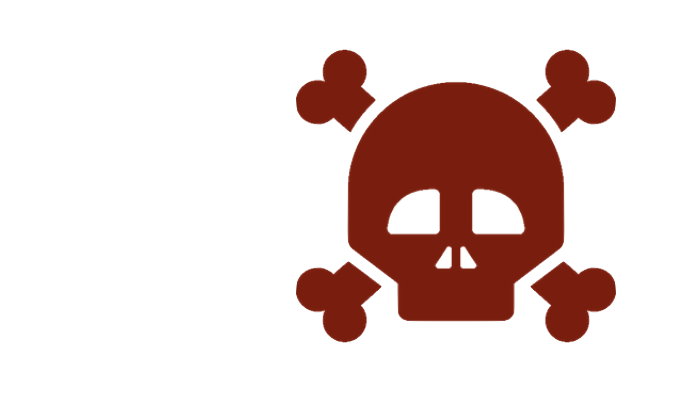Most organizations are in competition with other organizations. Corporations strive against each other. Even in government, different departments compete for funds.
If competition is healthy — if competing well is a goal — doesn’t it stand to reason that setting people within an organization to compete against each other is healthy too? In organizations where such internal competition is encouraged, the unspoken rule seems to be:

Internal competition makes us fitter.
The question is: fitter for what? It certainly makes us fit to compete ever more fiercely with our peers. It’s something of a stretch, however, to assume that competing internally somehow makes us fitter to compete in the broader market.
Jack Welch, CEO of General Electric, became a darling of Wall Street by setting his people at all levels to compete with each other for favor. He did this by the simple expedient of firing the lowest performing 10% of his workforce every year. Yes, it made employees miserable, but investors thought the scheme was just swell. They drove the stock price up . . . at least for a while. But General Electric, almost from the moment that the whole angry business started began to lose ground in the marketplace and eventually the stock followed. The once proud company that Welch inherited has never been the same since.
The lifeblood of an effective culture is cooperation, and internal competition is hardly conducive to cooperation. After all, the person you cooperate with might well use your help to enhance his/her position over you, to your detriment. Competition doesn’t have to be zero-sum, but it often works out that way.
A sad victim of zero-sum competition within an organization is peer coaching. (Why would you ever help someone who was being schooled to compete against you to your detriment?) But coaching matters a lot; losing it diminishes us all. Think of a situation in your own career when a peer took you aside to help you improve a key skill or enhance an understanding that would help you work better. Felt good, right? And it probably felt just as good to be the helper in cases where you coached others. We look back with gratitude at times when our peers took the time and effort to coach us. Thank you, Coach. Thanks too to the organization, since it was the organization that somehow made such coaching opportunities safe for everyone: safe for you to acknowledge need and safe for your coach to help you without fear of eventually coming to regret it.
The unspoken rule that encourages internal competition is damaging to the culture and works to the detriment of everyone in it. If this is the rule in your workplace, you need to repeal it.